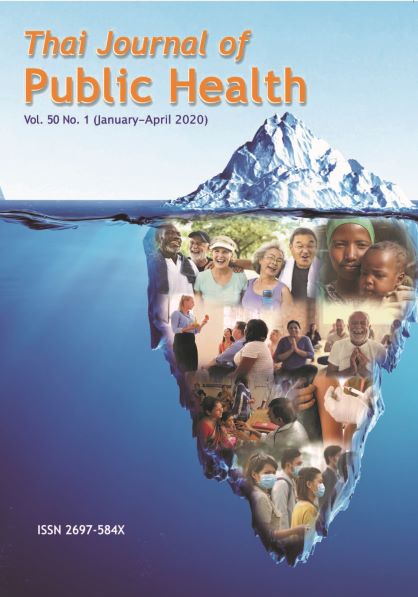Sociodemographic Characteristics and Depression as Risk Factors for Falls among Indonesian Elderly
Keywords:
Sociodemographic, Depression, Fall risk, ElderlyAbstract
Fall-related injuries among older adults have been recognized as a major cause of morbidity and mortality. Falls and depression are common problems among elderly individuals that generally go undetected and untreated in primary care. The aim of this study was to identify the sociodemographic characteristics and depression as the predictors of the risk of falling among community-dwelling elderly individuals. A cross sectional approach was used for this research, and based on simple random sampling, a total of 427 elderly individuals (>60 years old) were included. The data collection was based on the use of one set of questionnaires consisting of the demographic characteristics (age, sex, education background and economic status), Geriatric Depression Scale, and Johns Hopkins Fall Risk Assessment Tool. The study was conducted from July to September of 2018. Chi-square analysis was used to select variables with the significant association with the risk of falling. Moreover, a multivariable logistic regression analysis was employed to identify the most appropriate model for depression and the risk of falling among the elderly participants.
Selection variable performed with chi-square analysis showed that there were associations between age, economic status, living place and depression with fall risk (p≤0.05). Moreover, the prediction model showed that age and depression were the predictors exhibiting a direct correlation with the fall risk, with risk ratio for ages = 2.281, (95% confidence interval = 1.445-3.601) and Depression = 2.019, (95% confidence interval 1.259-3.239). Those who were aged more than 70 years old were likely to have 2.3 times higher risk of falling compared to those who were aged 60 to 70 years. Those who exhibited depression were likely to have a 2 times higher risk of falling than those elderly who did not have depression. Based on the results of this research, one can conclude that age and depression independently increase fall risk among elderly Indonesian individuals.
Downloads
Published
Issue
Section
License
Creative Commons License CC-BY-ND


